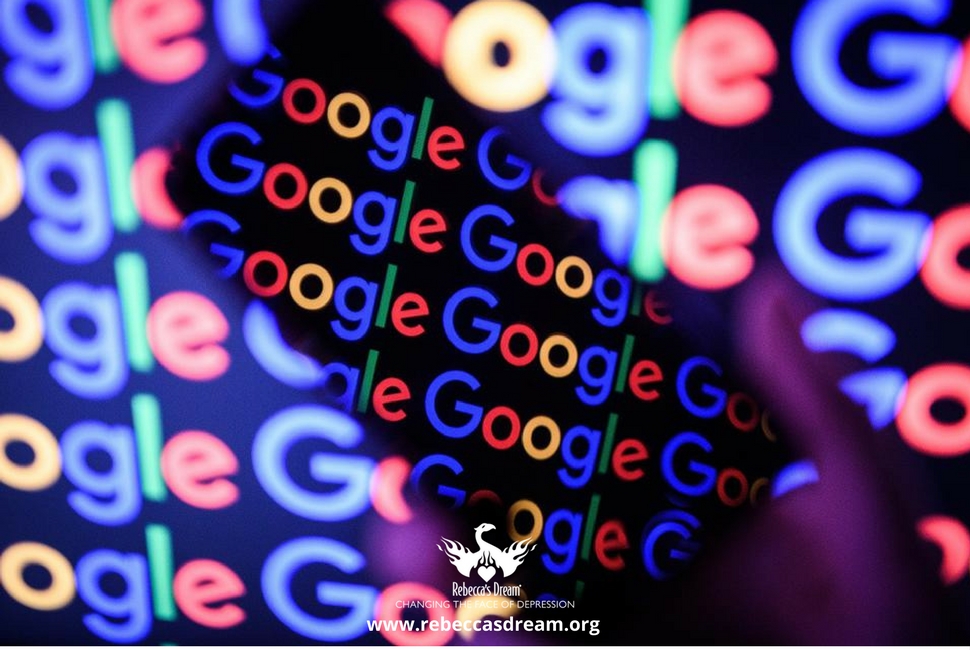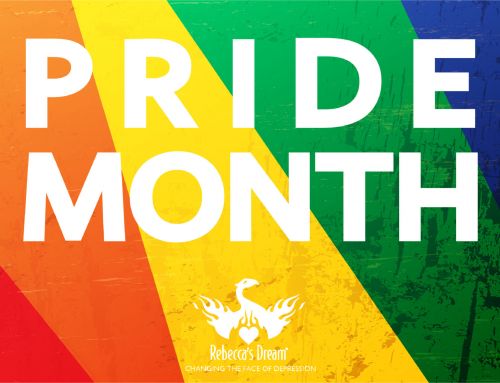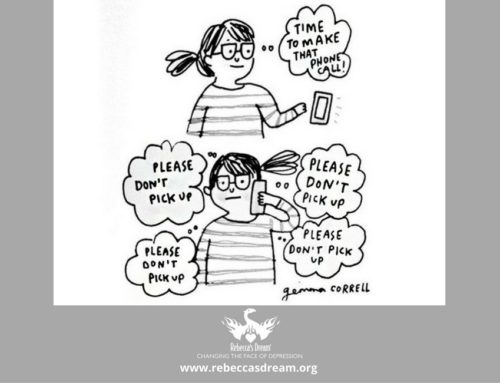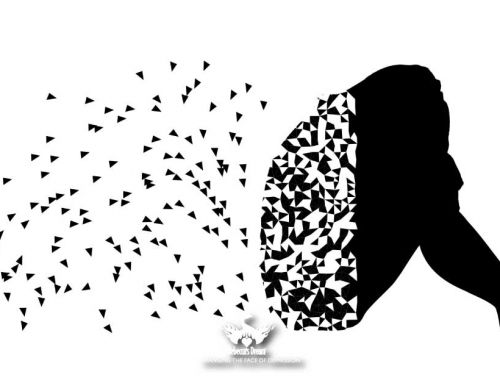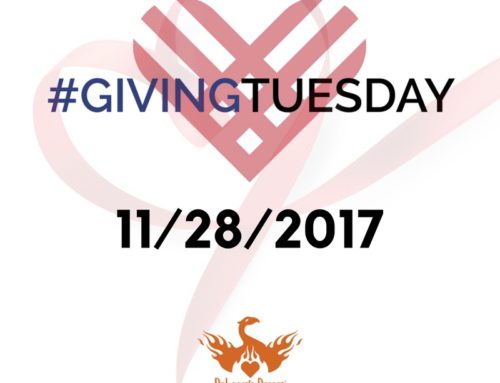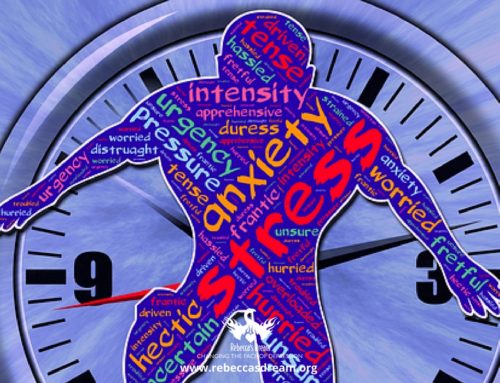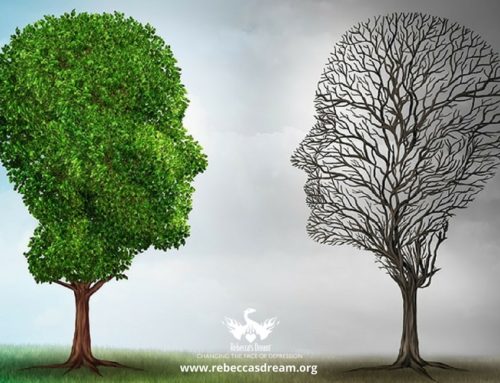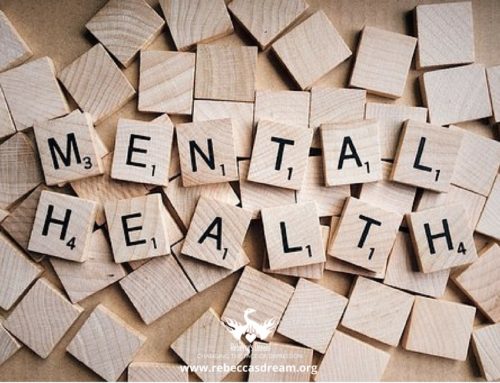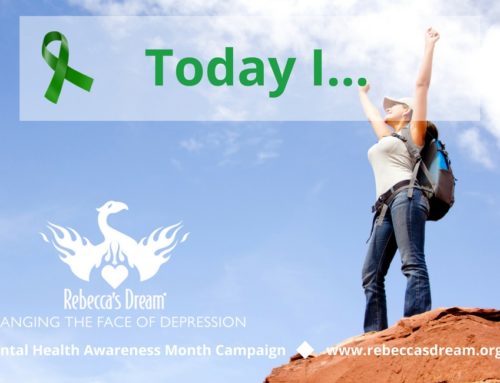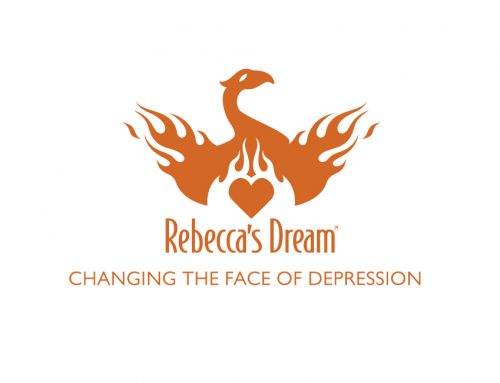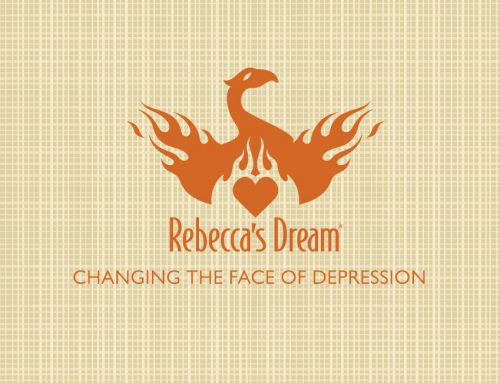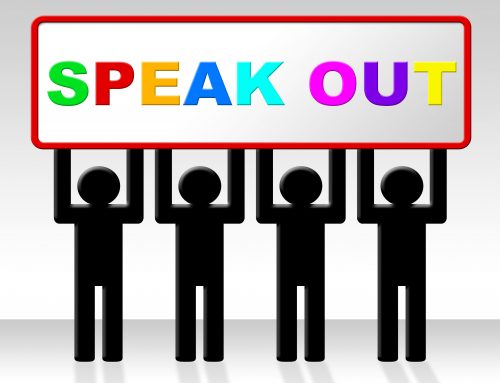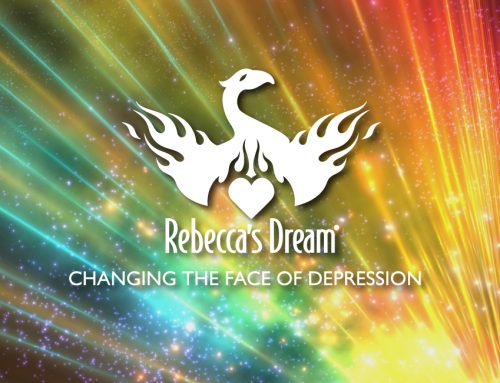Thank you, Google. Your recognition of depression is validating for millions of people.
If you suspect you might suffer from a mood disorder, our questionnaire can help lead you in the right direction. You can find it here.
Google is getting involved with people’s mental health, rolling out a tool to help steer people who may have depression toward treatment. They’ve partnered up with the National Alliance on Mental Illness (NAMI) to reach out to people who may be depressed, by asking a simple question: Are you depressed? The hope is that getting people to begin to assess their own mental health will act as a catalyst to seeking treatment.
This is how it will work
When you type a depression-related search term into Google, atop the main results, a box will pop up, asking “Are you depressed?” If you click “yes,” you’ll be linked to the PHQ-9, a validated questionnaire that clinicians may use to help diagnose depression. It asks the user to rate whether they have symptoms like: “Trouble concentrating on things, such as reading the newspaper or watching television,” “Feeling bad about yourself — or that you are a failure or have let yourself or your family down?” “Moving or speaking so slowly that other people could have noticed? Or so fidgety or restless that you have been moving a lot more than usual.”
The hope is that people will fill out the questionnaire and, depending on the results, have more information to share with their doctors, or perhaps seek treatment where they would have otherwise been too hesitant. According to NAMI, about 50% of people with depression never seek treatment.
Google has reported that about 5% of searches are health-related. It’s not clear what subset of these are mental health-related, but presumably a sizeable number. Given the huge number of people who are depressed but never seek treatment, it may not be a bad idea for the largest search engine in the world to try to help out.
“Statistics show that those who have symptoms of depression experience an average of a 6-8 year delay in getting treatment after the onset of symptoms,” wrote Mary Giliberti, Chief Executive Officer at NAMI, in the Google blog. “We believe that awareness of depression can help empower and educate you, enabling quicker access to treatment. And while this tool can help, it’s important to note that PHQ-9 is not meant to act as a singular tool for diagnosis.”
Many people may be unaware of their depression, unfamiliar with it as a clinical diagnosis, or reluctant to seek treatment for any number of reasons.
“Clinical depression is a very common condition—in fact, approximately one in five Americans experience an episode in their lifetime,” Giliberti wrote. “However, despite its prevalence, only about 50 percent of people who suffer from depression actually receive treatment. To help raise awareness of this condition, we’ve teamed up with Google to help provide more direct access to tools and information to people who may be suffering.”
It’s unclear what effect the resource will have, or if it will be any better than what a user would discover through a regular search. Mental health professionals see an uptick in people seeking treatment from a Google-generated depression questionnaire. But time will tell what, if any, benefit the tool will have on our collective mental health.


